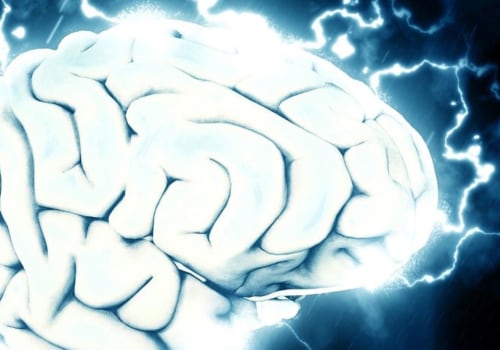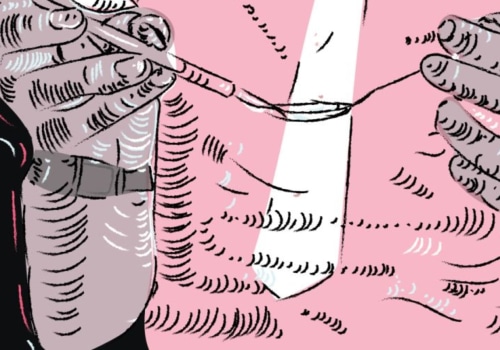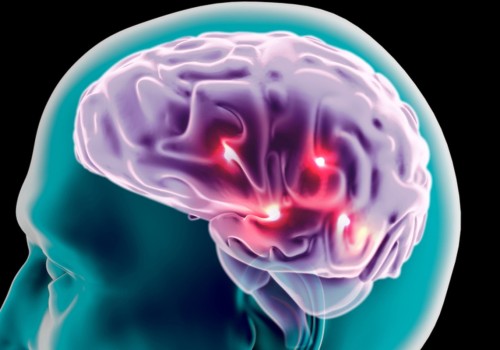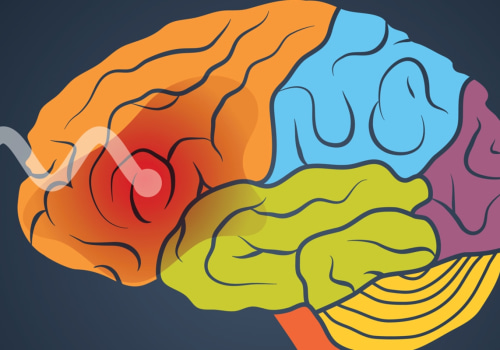It's a question that has been asked for years: Are addictions good or bad? While it's true that drug and alcohol addiction can be deadly, there are also many unhealthy addictions. But is it possible to have a positive addiction? Science has confirmed that addiction is a chronic brain disease that can happen to anyone, yet there is still a popular belief that addiction is the result of a weak character or moral defect. To understand the difference between addiction and habit, we must look at the definition of addiction. An issue of the Harvard Mental Health Charter informs us that addiction is an uncontrollable desire and long-term use of a substance.
Research from the 1990s, summarized by Daniel Goleman in The New York Times, showed that rats stimulated in key areas of the mesolimbic dopamine system kept pressing on a bar to maintain stimulation, even when offered food. This demonstrates that addiction doesn't depend on the time spent or the amount consumed. It's possible to have an addiction to something positive, such as being smart with money or drinking water. Gabor Mate, an Israeli-Canadian addiction expert, defines conventional addiction as any behavior that one engages in on a consistent basis that cannot be stopped despite experiencing negative consequences.
Addiction is a complex issue and it's important to remember that it can happen to anyone. It's important to recognize the difference between healthy and unhealthy addictions and to understand that addiction should be viewed in the same way as other chronic diseases such as diabetes, hypertension and cancer.





